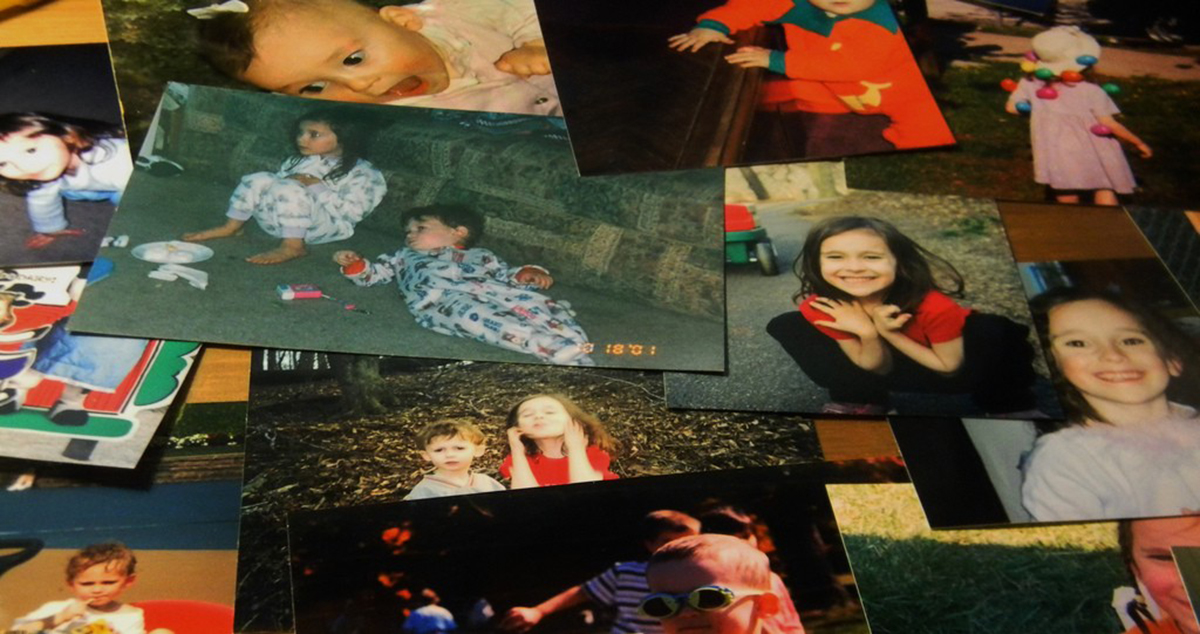Table of Contents
What memories are most likely to stay strong over time? Peterson and her team did conclude that children were three times more likely have memories of very emotional events two years later, but she also notes that only a very small portion of the earliest memories her study subjects reported were of very stressful or traumatic events.

Peterson and her colleagues have now moved on to studying why some memories are retained, while others are forgotten. The outcome of that research will, undoubtedly, offer new and fascinating insights into the inner workings of the human brain.
When the research team looked at the memories of both Canadian and Chinese children, they discovered that Canadian kids' earliest memories tend to have occurred a year or more before Chinese kids' earliest memories. Robyn Fivush PhD from Emory University, another child memory researcher, compared the memories of American and Chinese children and reached the same conclusion. Fascinating, but why?
Western children and their parents, Fivush said, are more likely to have "autobiographical dialogues". In other words, American and Canadian children might be able to recall events that took place earlier, because they talk about themselves a lot during the early years. This can be explained by the fact that individuals are emphasized more than the collective in Western cultures, while Asian cultures tend to do the opposite.
What's In A Memory?
Memories are made up of many different parts. They might include recollection of conversations, feelings, visual information, non-word auditory information, smells, and tactile experiences. These "loose bits of info" need to be bundled together for the brain to recognize them as being part of a single memory. That sounds like a complex process, and it is — several parts of the brain are required.
The cerebral cortex processes these raw bits of info, but the hippocampus links the separate experiences together. Since the hippocampus isn't fully developed until later in adolescence, it is quite likely that it forms part of the reason kids can't seem to hold onto their very earliest childhood memories.
See Also: Two Great Habits That Sharpen Your Focus And Improve Memory
On the other hand, it is also possible that memories are lost because the relevant synapses wither away when they are not used, or because the brain needs the synapses for something else.
Finally, young children — most of whom are not able to use clocks and calendars — often simply don't have a good sense of the point in time during which something happened. This explains why some kids say things that happened weeks ago happened last year, or vice versa. It is also why you might remember that childhood holiday, but can't recall how old you were at the time
- Photo courtesy of David Mican by Flickr : www.flickr.com/photos/davidmican/315728765
- Photo courtesy of martinak15 by Flickr : www.flickr.com/photos/martinaphotography/6352138730

